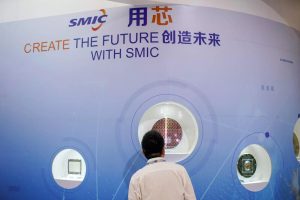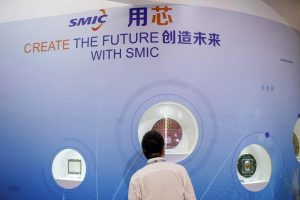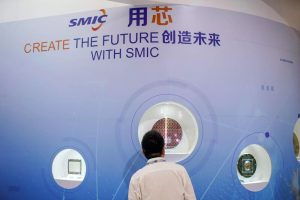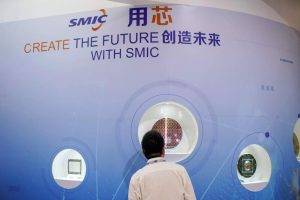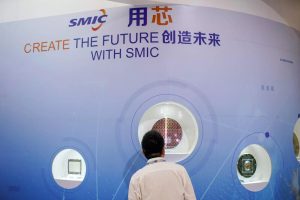SMIC’s Production Capacity to Remain Tight Until October Due to Strong Domestic Demand
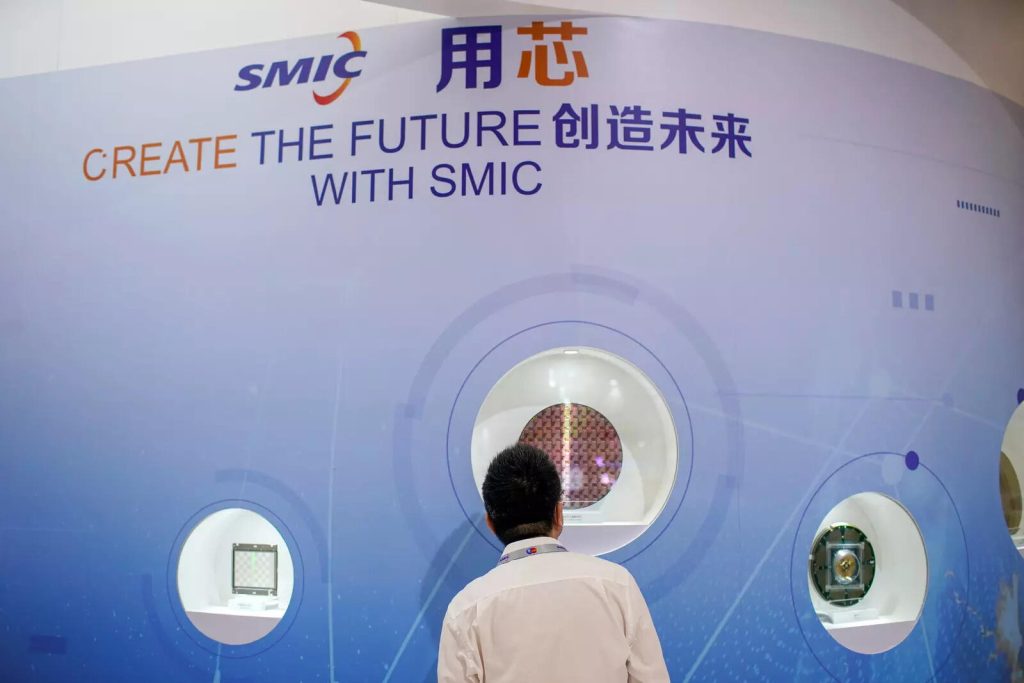
China’s top foundry SMIC announced that the U.S. tariff policy did not result in the ‘hard landing’ initially feared. The company anticipates its production capacity to remain tight until October due to robust domestic demand.
During a post-earnings call, Co-CEO Zhao Haijun mentioned that SMIC was not engaging with customers regarding the 100% tariff plan by U.S. President Donald Trump. He expressed optimism about the smaller impact, citing contingency plans formulated after the April tariffs.
Past tariff rounds led to modest cost increases of less than 10% for overseas clients. China had raised additional duties on U.S. goods to 125% in April, while Trump announced a tariff of about 100% on semiconductor imports.
SMIC, which does not have manufacturing in the U.S., was blacklisted by the U.S. commerce department in 2020. China remains its primary market, contributing 84% of second-quarter revenue.
SMIC reported a 16.2% year-on-year revenue increase to $2.2 billion in the second quarter, with profits declining to $132.5 million. The company shipped 2.4 million eight-inch equivalent wafers during the period.
Zhao highlighted the continued insufficiency of production capacity, driven by high demand for analog chips, WiFi and ethernet chips, and memory controller chips. SMIC’s monthly production capacity grew by 1.85% to 991,000 wafers.
The company anticipates a 5% to 7% revenue increase in the third quarter compared to the second. Despite the positive outlook, SMIC’s Hong Kong-traded shares faced a decline of more than 5% on Friday.
